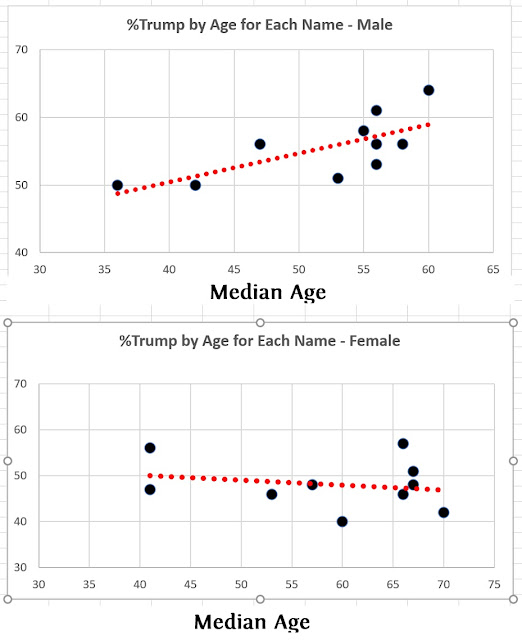December 4, 2020
Posted by Jay Livingston
I was having an e-mail conversation with a Christian conservative. He still believes Trump’s claims of massive voter fraud. I’m willing to accept the conclusion of all those judges (including some Republicans and at least one Trump appointee), governors, secretaries of state, and election officials.
But Trump still has a large core of believers who, despite Trump’s losing all those court cases, still believe his claims that the election was rigged. That seems new. If if McCain or Romney, or on the Democratic side Hillary, had made similar claims that had similarly failed in court, would their supporters continued to believe them? Would they have made the kind of high-volume protests that we now hear? Probably not. But why, I asked. Why is 2020 different?
Usually, I find myself on the structural side of these questions and shy away from explanations based on individuals and individual-level variables. But this time, it was my conservative correspondent who looked first at structural changes. (He is not a sociologist, not a political scientist, not an academic.) He wrote:
It's hard to compare this 2020 election with any before it, at least in my lifetime, with the preponderance of mail-in ballots. It was shocking to me to see the vote counting stopped simultaneously in these key states.For me, the big difference was the relation between Trump and his supporters. It wasn’t Trump himself. The similarities between Trump 2020 Trump 2016 are too obvious to ignore. In 2016,
:
1. Trump lost the popular vote (about 3 million in 2016, 7 million this year).
2. Trump claimed that the vote was rigged and that there was fraud.
3. He appointed a commission to investigate and prove him right. The person he appointed to head the commission, like his lawyers this time around, was an ardent supporter, who echoed Trump’s claim of fraud even when other Republicans were silent on the matter.
4. The commission could not find evidence of widespread voter fraud.
5. Trump disbanded the commission but still that Clinton’s numbers were due to massive fraud.
6. Trump continued to lie about the commission and the election.
Trump 2020 was perfectly predictable. He did the same thing when lost at the Emmy Awards — insisted that the voting was rigged. The important difference in 2020 is not the mail-in ballots. It’s the reaction of several Republican politicians and millions of Trump voters. Their continued belief is partly a simple matter of confirmation bias — recognizing only the evidence that confirms your idea, even when that evidence has been discredited, and finding reasons to reject disconfirming evidence. But given how extreme their reactions have been — death threats against election officials and their families — there has to be something else going on. But that’s a matter for another post.




